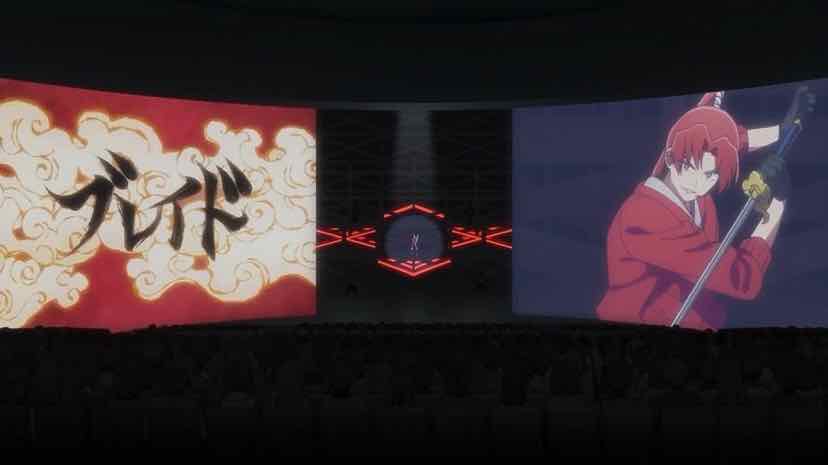 I had quite an odyssey with the first season of Oshi no Ko. I was rather captivated by the prequel movie (which is effectively what it was). As indeed were most who watched it. But even then I could see a huge minefield stretching out before me. For various reasons which I won’t rehash in detail in this post (much), by the end I was pretty well zoned out. That disappointed me but it didn’t surprise me. Nor did the fact that OnK wound up being one of the biggest commercial blockbusters of the past few years.
I had quite an odyssey with the first season of Oshi no Ko. I was rather captivated by the prequel movie (which is effectively what it was). As indeed were most who watched it. But even then I could see a huge minefield stretching out before me. For various reasons which I won’t rehash in detail in this post (much), by the end I was pretty well zoned out. That disappointed me but it didn’t surprise me. Nor did the fact that OnK wound up being one of the biggest commercial blockbusters of the past few years.
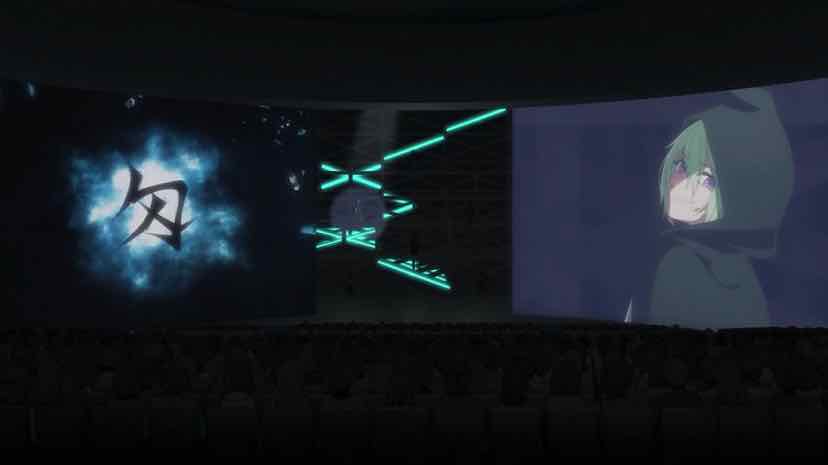 As such I go into this season with, frankly, low expectations. I was certainly going to trial it, because Oshi no Ko’s best S1 moments were pretty damn good. But my money was against covering the second season, at least in full. The road back is a hard one – I have some pretty big issues with the writing and where it took the story and characters by the end of the first season. And even though I thought this premiere was excellent overall, my money would still be on the same horse. Good setups I know this series can do. The follow-through I’m highly skeptical about.
As such I go into this season with, frankly, low expectations. I was certainly going to trial it, because Oshi no Ko’s best S1 moments were pretty damn good. But my money was against covering the second season, at least in full. The road back is a hard one – I have some pretty big issues with the writing and where it took the story and characters by the end of the first season. And even though I thought this premiere was excellent overall, my money would still be on the same horse. Good setups I know this series can do. The follow-through I’m highly skeptical about.
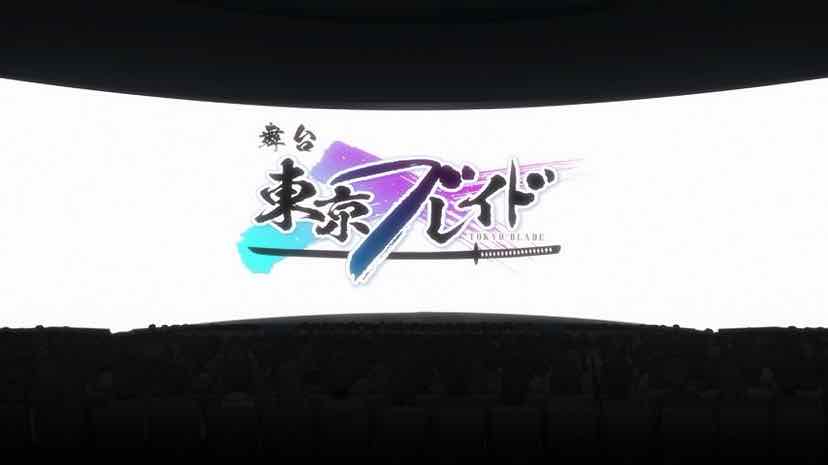 What’s odd is that the season seems to start right in the middle of an arc – the “Tokyo Blade” arc to be exact. And that’s not surprising given that, as I understand it, a good deal of connective tissue from the manga was cut. As such we’re in the stage play setting with no setup at all. Why that happens with a series this monumentally successful I have no idea, but there is an irony in it given the thematic focus of this arc. And that kind of meta synergy is a club Oshi no Ko always has in its bag. Akasaka Aka is very good at that.
What’s odd is that the season seems to start right in the middle of an arc – the “Tokyo Blade” arc to be exact. And that’s not surprising given that, as I understand it, a good deal of connective tissue from the manga was cut. As such we’re in the stage play setting with no setup at all. Why that happens with a series this monumentally successful I have no idea, but there is an irony in it given the thematic focus of this arc. And that kind of meta synergy is a club Oshi no Ko always has in its bag. Akasaka Aka is very good at that.
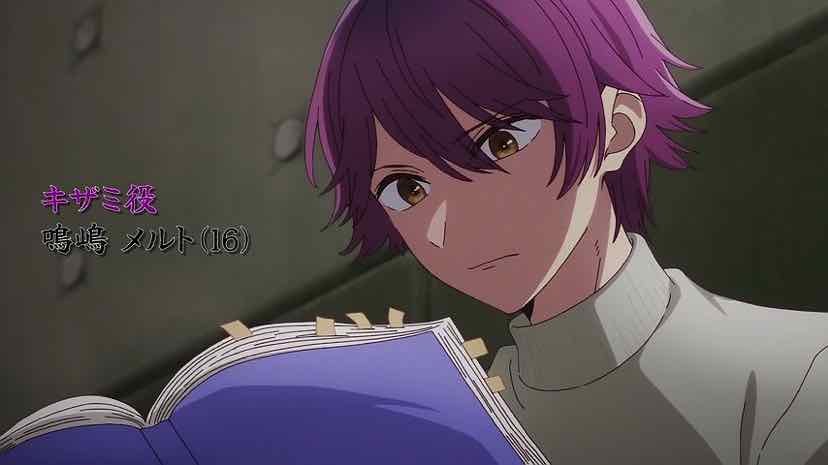 Fortunately, the episode itself is highly competent even if it does sort of start in the middle. The production and direction are excellent, which you would expect. And once it’s clear what’s going on here the story itself becomes interesting very quickly. Aqua is in a 2.5D stage play (those are all the rage in Japan – I did a bespoke piece partly about them) called “Tokyo Blade” as a means to try and get closer to director Kindaichi, who may know something about the death of his mother. Also in the play are Kana and Aqua’s stage girlfriend Akane, among other familiar faces.
Fortunately, the episode itself is highly competent even if it does sort of start in the middle. The production and direction are excellent, which you would expect. And once it’s clear what’s going on here the story itself becomes interesting very quickly. Aqua is in a 2.5D stage play (those are all the rage in Japan – I did a bespoke piece partly about them) called “Tokyo Blade” as a means to try and get closer to director Kindaichi, who may know something about the death of his mother. Also in the play are Kana and Aqua’s stage girlfriend Akane, among other familiar faces.
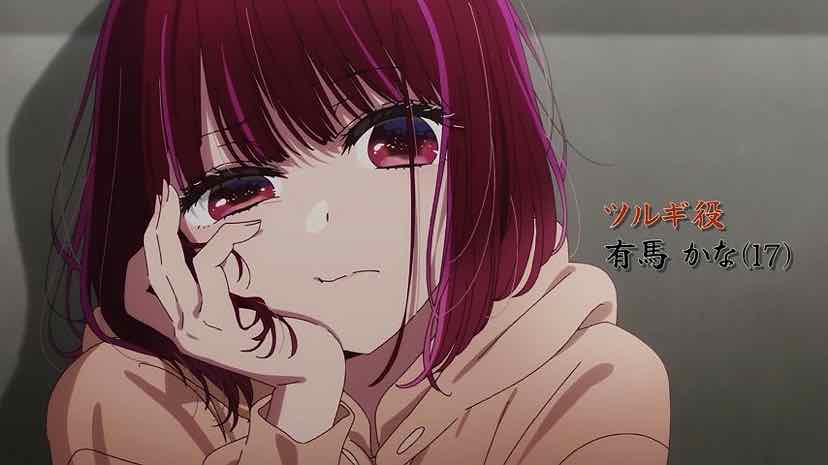 There’s no denying Oshi no Ko is good at these sorts of “how the sausage is made” subplots. It eventually stumbles when it loses the will to be really critical, but in the deconstruction stage the writing is really sharp. The dynamic among the actors is quite interesting. Akane – the ultimate chameleon – is eager to outshine Kana. For her part Kana as usual is making that relatively easy by trying to blend in dramatically. But she gets paired with wonder boy Himekawa Taiki, whose thespian theatrics draw out her inner scenery chewer. Which is no condemnation – in those sorts of productions that’s exactly what they (both the producers and 90% of the audience) want.
There’s no denying Oshi no Ko is good at these sorts of “how the sausage is made” subplots. It eventually stumbles when it loses the will to be really critical, but in the deconstruction stage the writing is really sharp. The dynamic among the actors is quite interesting. Akane – the ultimate chameleon – is eager to outshine Kana. For her part Kana as usual is making that relatively easy by trying to blend in dramatically. But she gets paired with wonder boy Himekawa Taiki, whose thespian theatrics draw out her inner scenery chewer. Which is no condemnation – in those sorts of productions that’s exactly what they (both the producers and 90% of the audience) want.
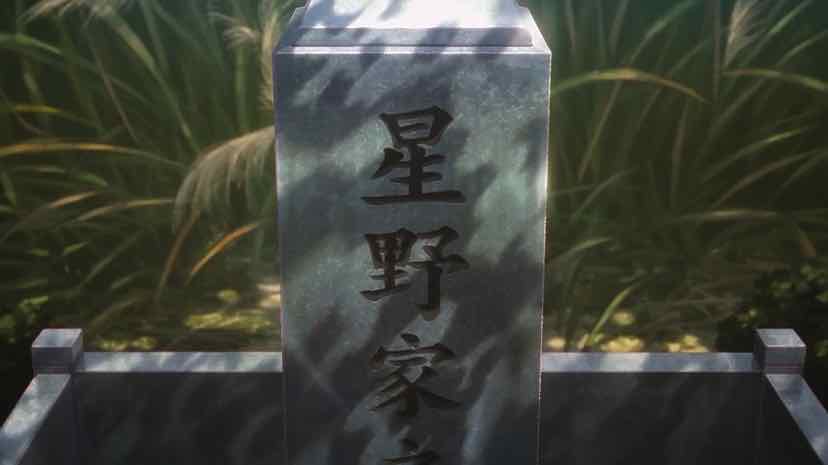 Also interesting is Akane’s struggle with her character, Princess Saya. In the manga she’s a conflicted and kind person reluctantly drawn into the violence that underpins “Tokyo Blade” and its story. But the script for the play turns her into what Kindaichi literally calls a device. There’s no room for her emotional self-conflict in a two-hour stage play – she’s there to move the plot along. The screenwriter GOA professes himself a fan of the manga and expresses regret that he’s had to do this (he says he sees himself playing the role of bad guy), but the director backs him up. It sucks for the actor playing her though, that’s for sure.
Also interesting is Akane’s struggle with her character, Princess Saya. In the manga she’s a conflicted and kind person reluctantly drawn into the violence that underpins “Tokyo Blade” and its story. But the script for the play turns her into what Kindaichi literally calls a device. There’s no room for her emotional self-conflict in a two-hour stage play – she’s there to move the plot along. The screenwriter GOA professes himself a fan of the manga and expresses regret that he’s had to do this (he says he sees himself playing the role of bad guy), but the director backs him up. It sucks for the actor playing her though, that’s for sure.
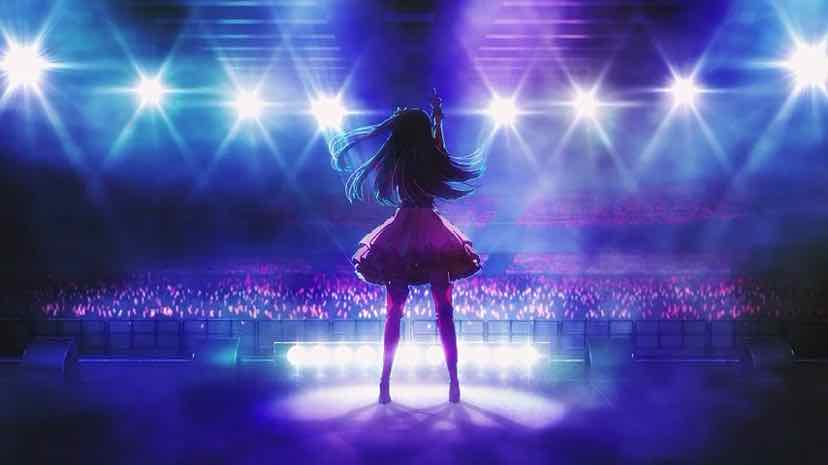 OnK has dipped its toes into the waters of bastardization of source material before, of course, but it’s a fertile spring. With the mangaka showing up and demanding GOA revise “everything”, who knows how this will play out – that sort of thing has cratered more than one manga adaptation. If one is interested in the realities of manga adaptation in its various forms, this is genuinely fascinating territory – and better before Akasaka inevitably starts pulling his punches (which he almost surely will). There’s not much connection to the main plot yet but that’s fine, I was starting to drift on that by the end of S1 anyway. So far so good – but I still feel like the Oshi no Ko experience is borrowed time for me, most likely.
OnK has dipped its toes into the waters of bastardization of source material before, of course, but it’s a fertile spring. With the mangaka showing up and demanding GOA revise “everything”, who knows how this will play out – that sort of thing has cratered more than one manga adaptation. If one is interested in the realities of manga adaptation in its various forms, this is genuinely fascinating territory – and better before Akasaka inevitably starts pulling his punches (which he almost surely will). There’s not much connection to the main plot yet but that’s fine, I was starting to drift on that by the end of S1 anyway. So far so good – but I still feel like the Oshi no Ko experience is borrowed time for me, most likely.


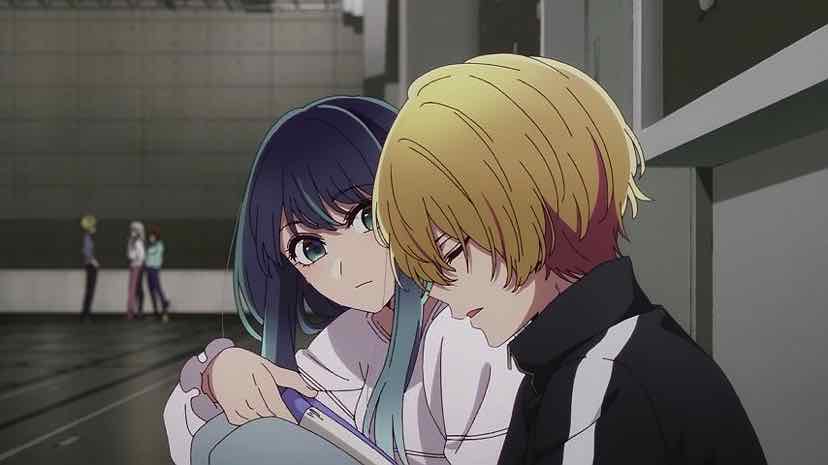
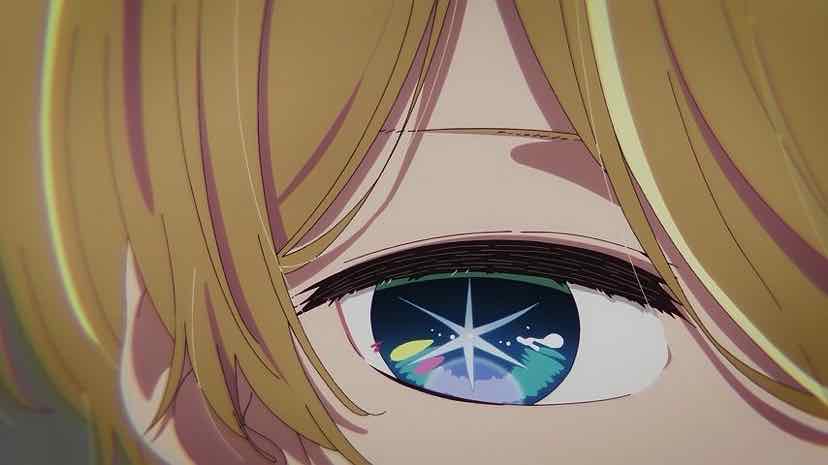
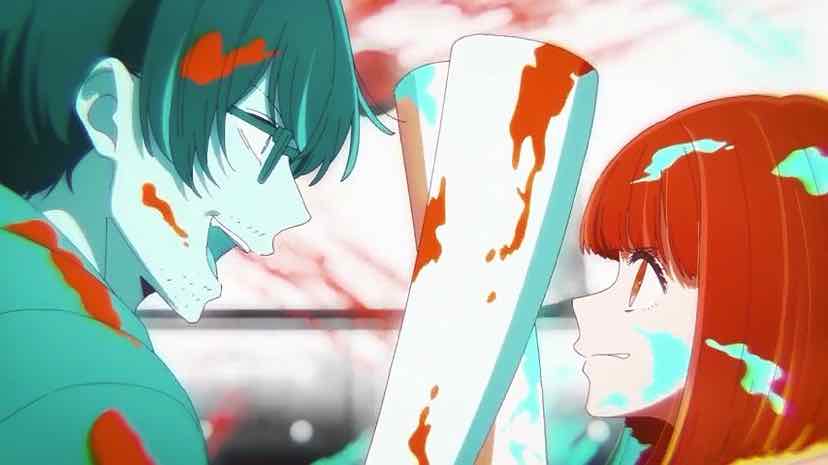
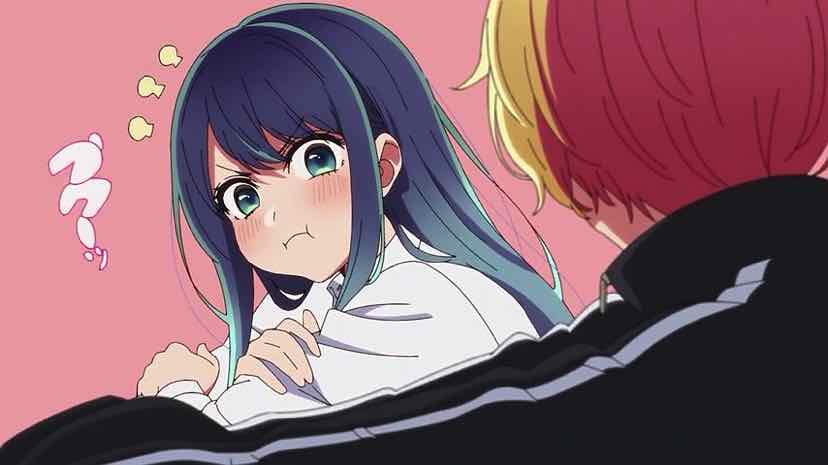
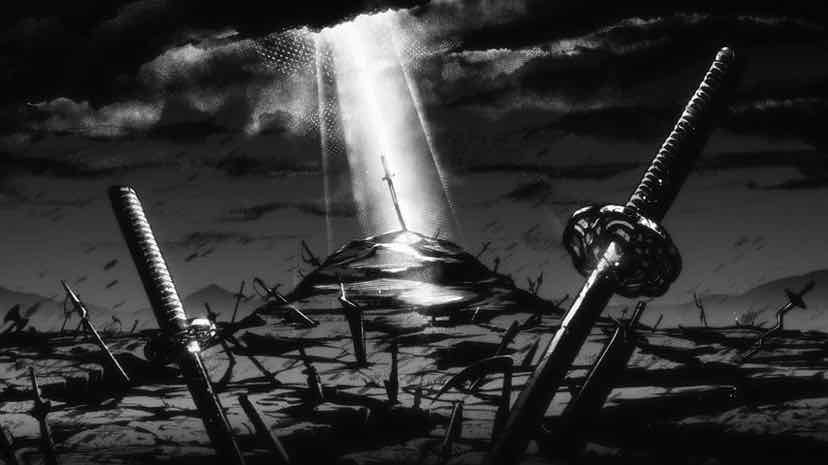
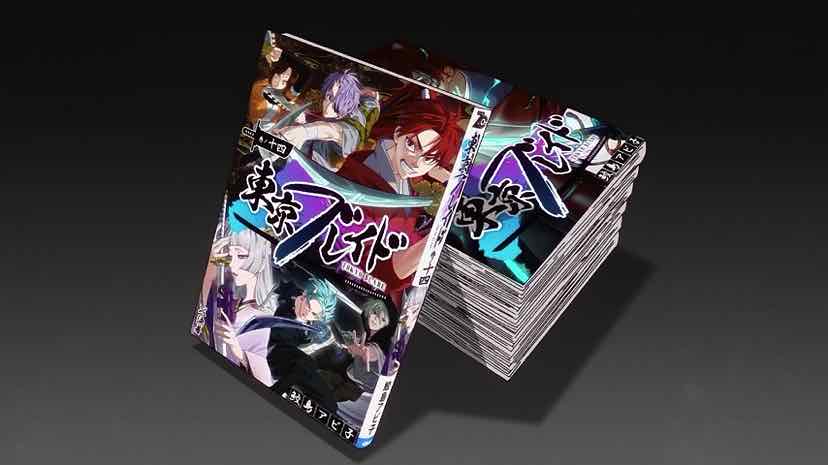
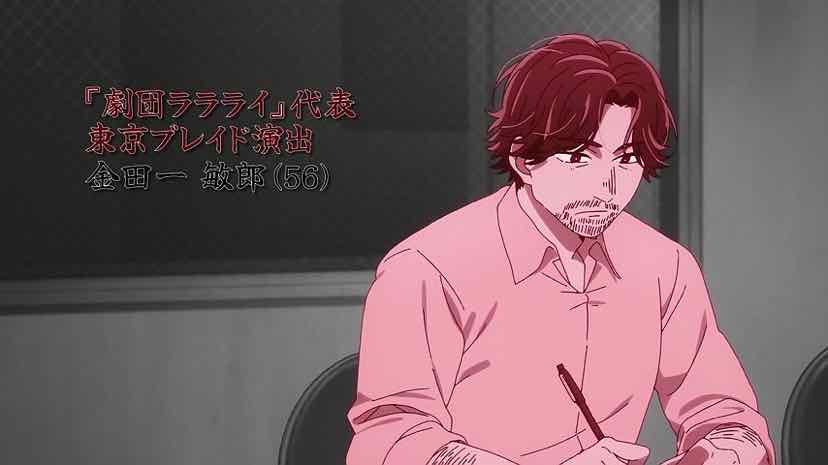
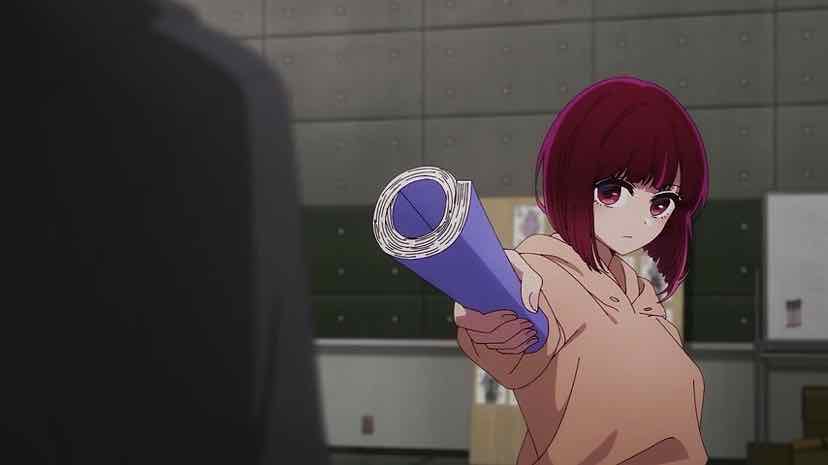
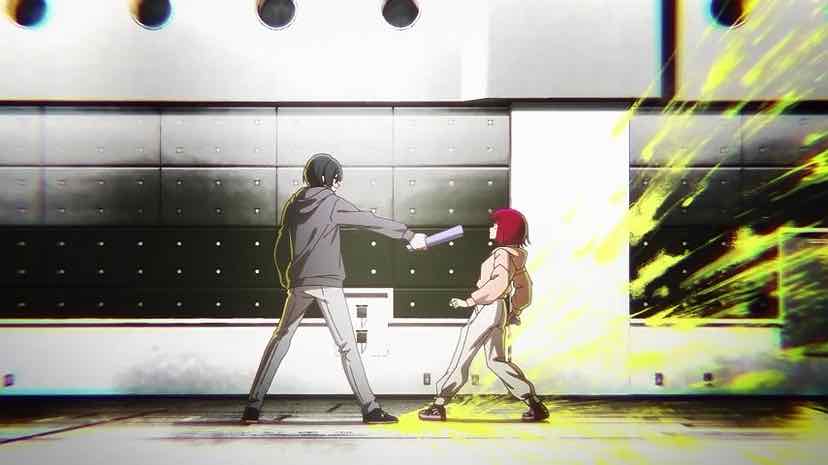
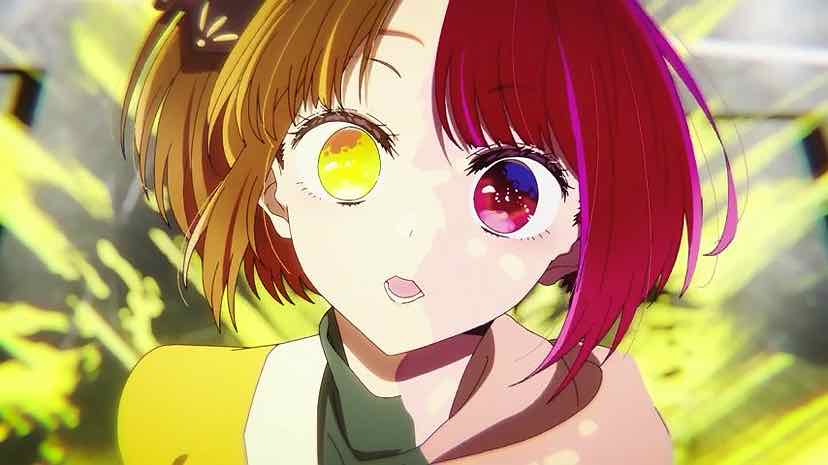
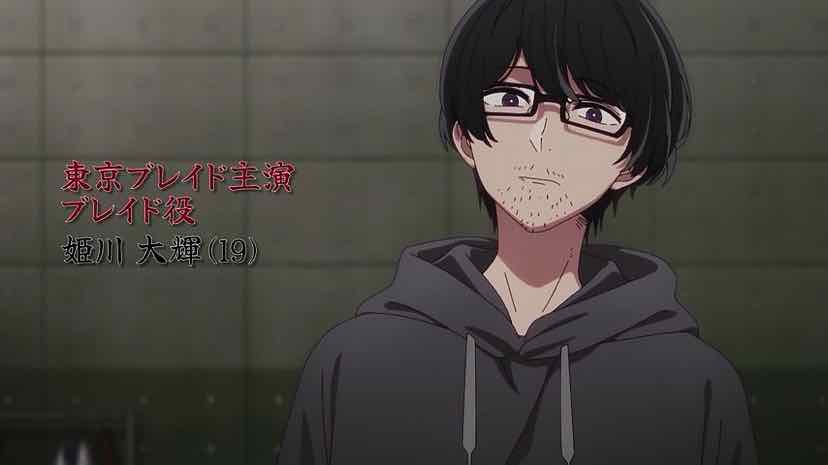
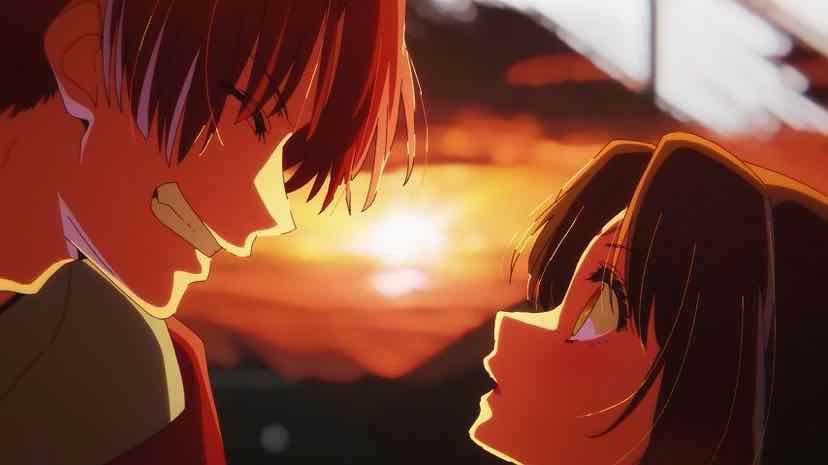
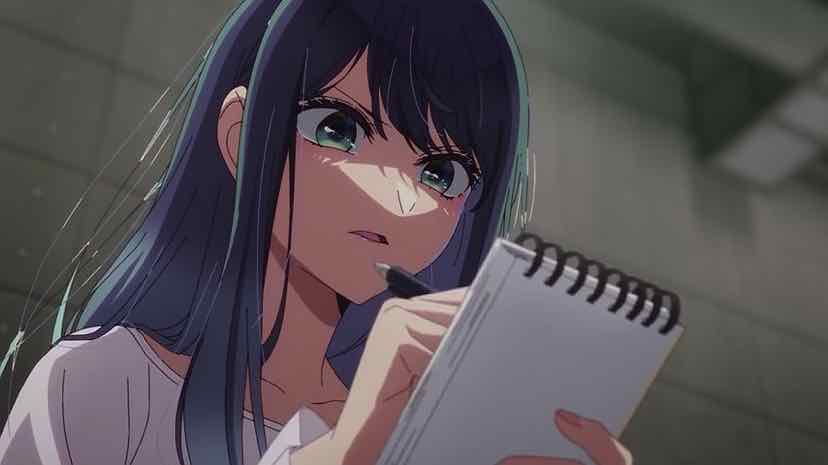
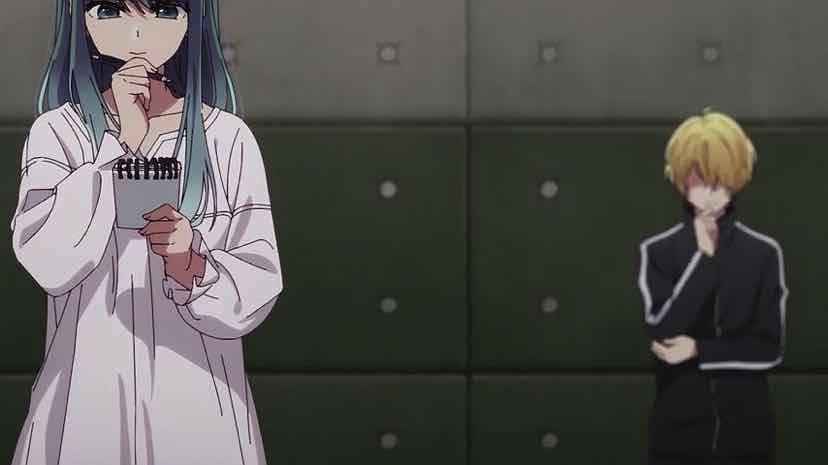

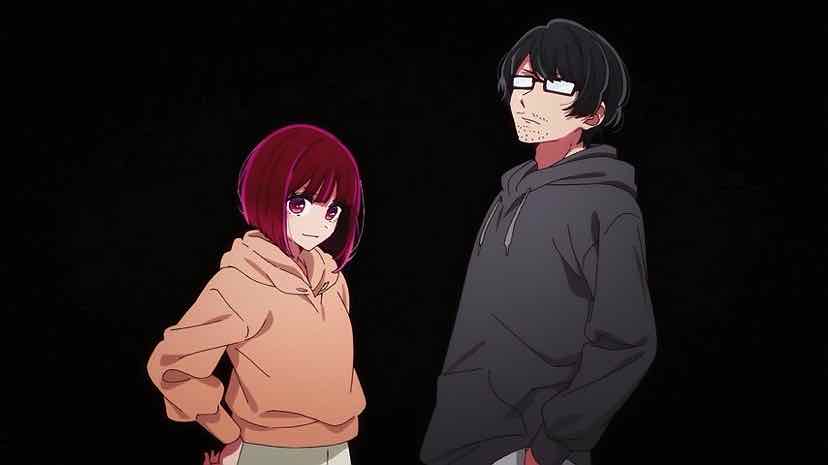
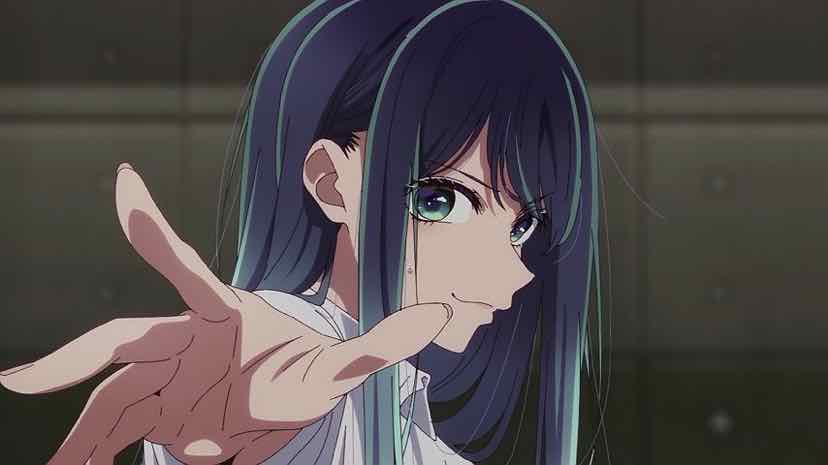
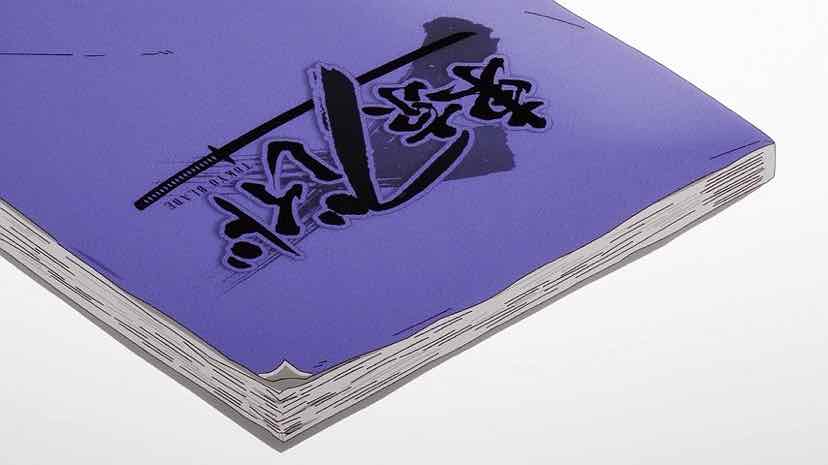
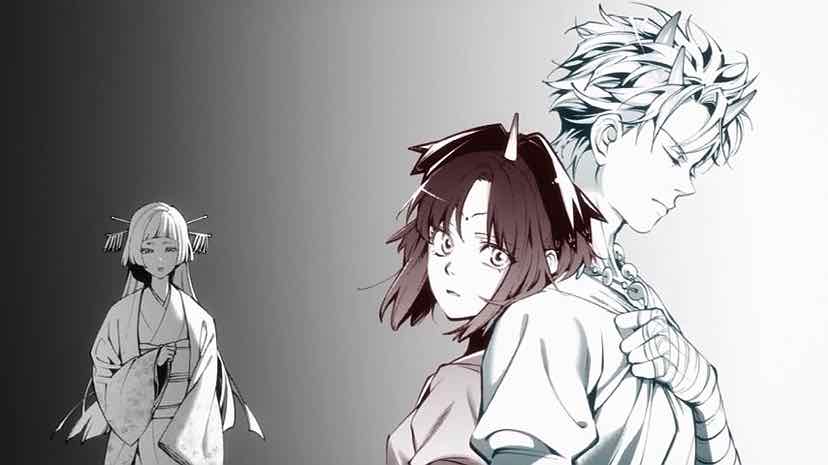
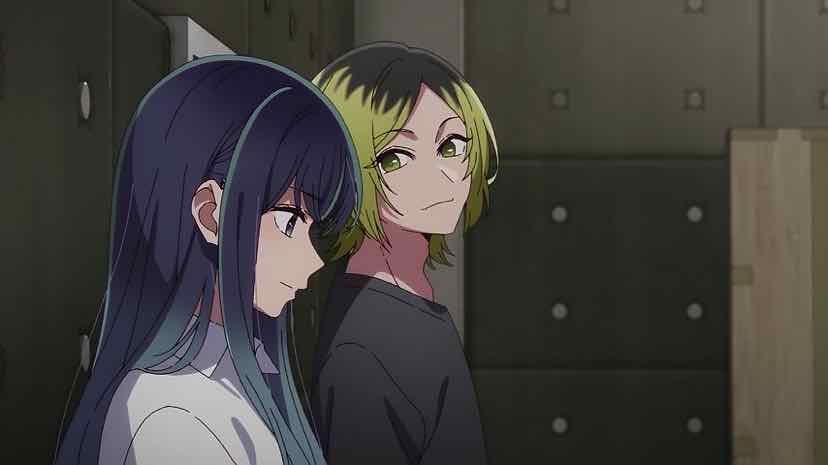
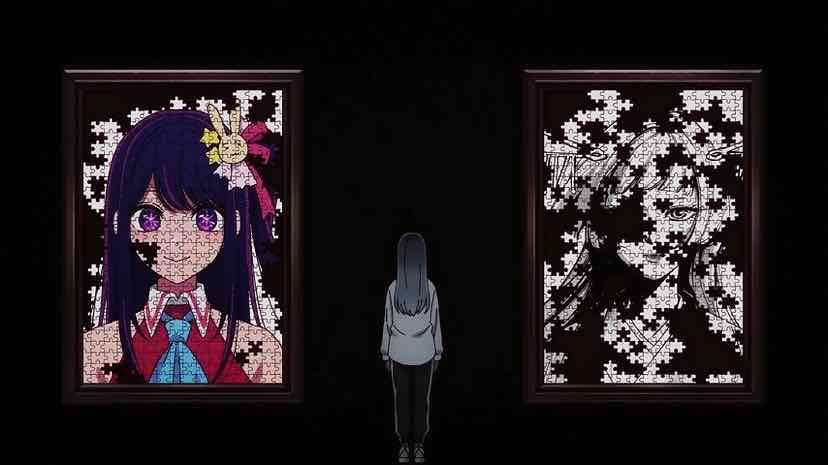
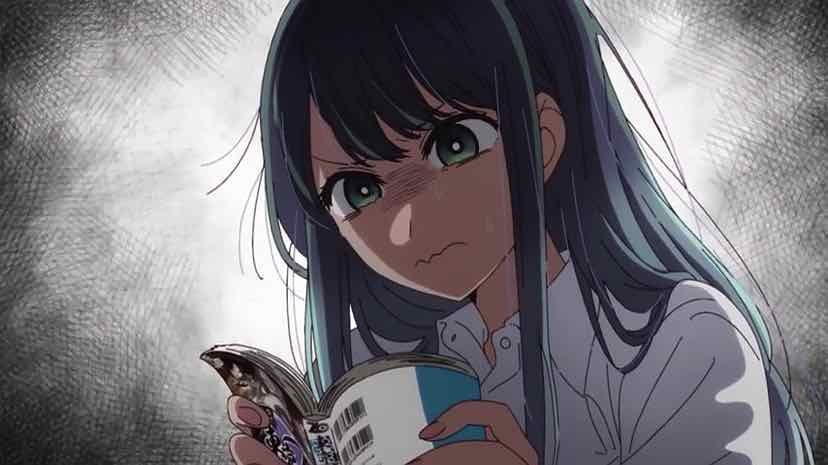

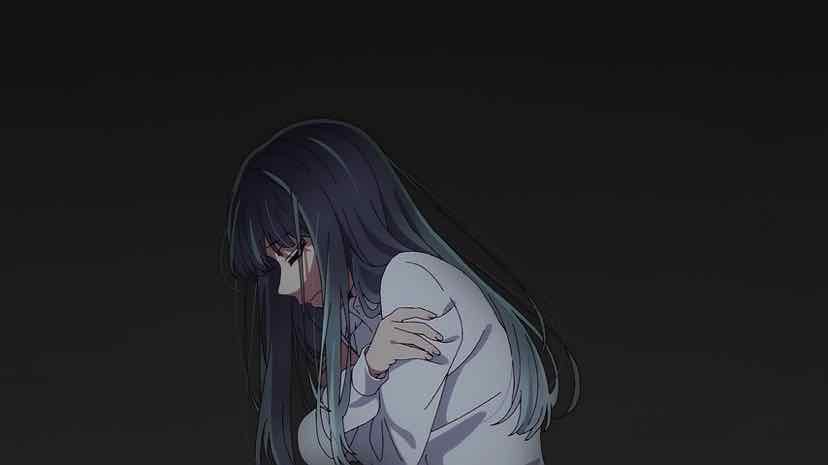
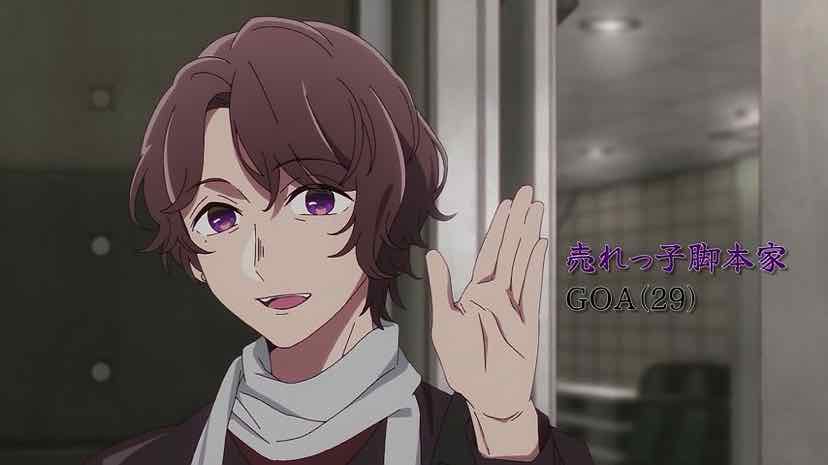
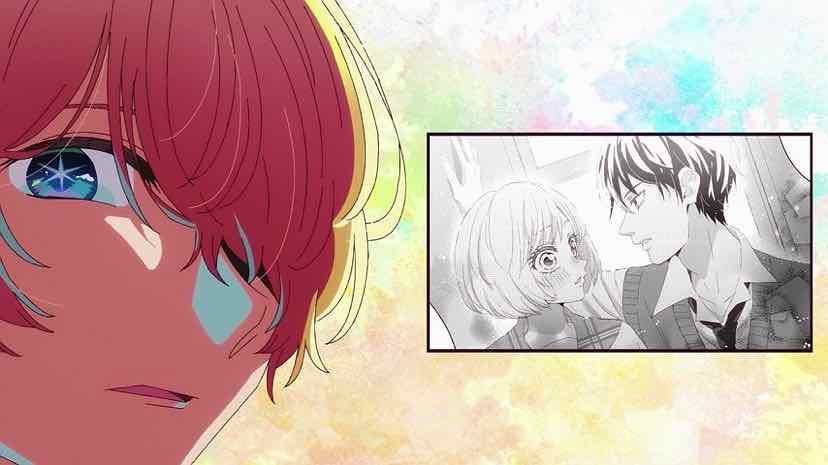
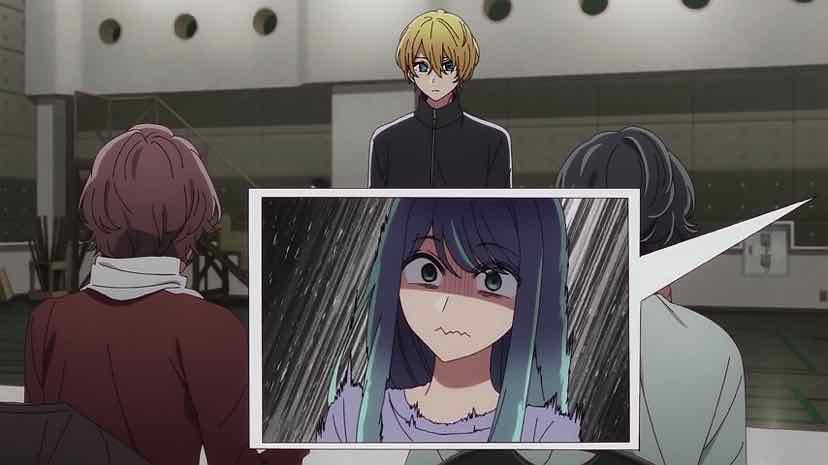
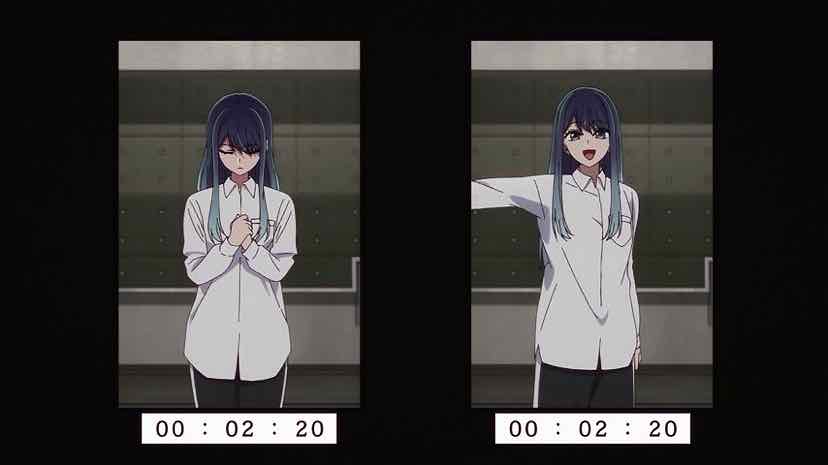
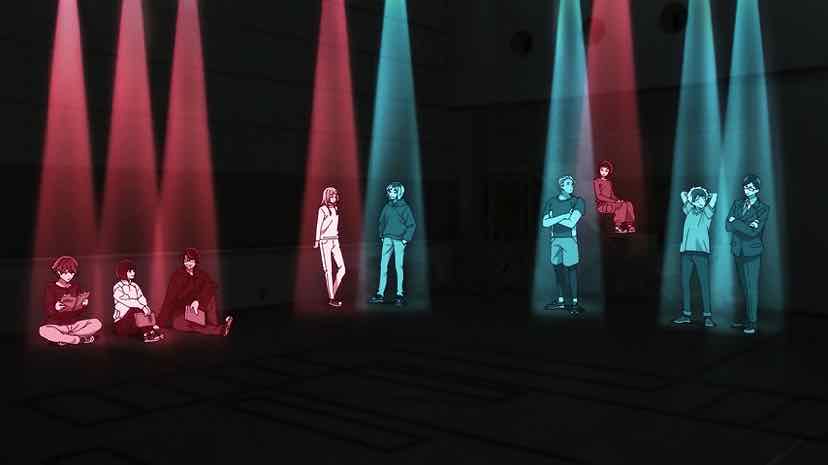
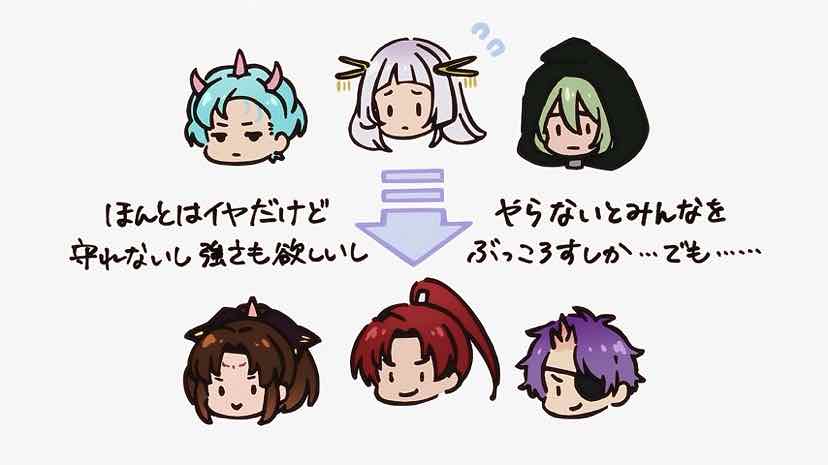
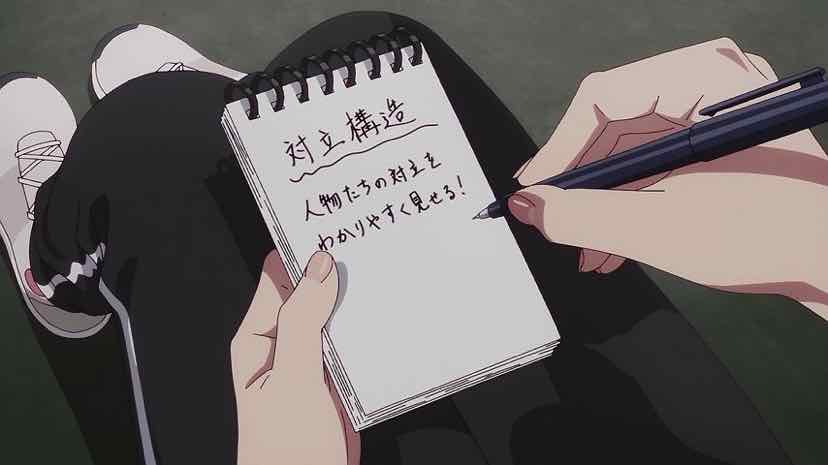
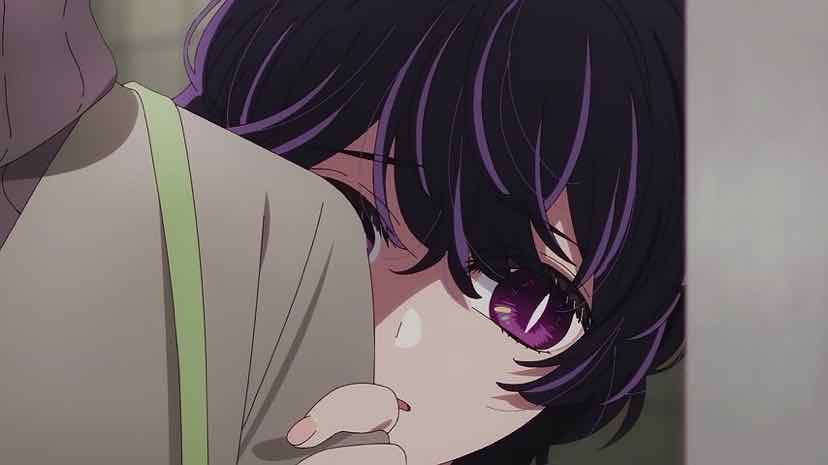
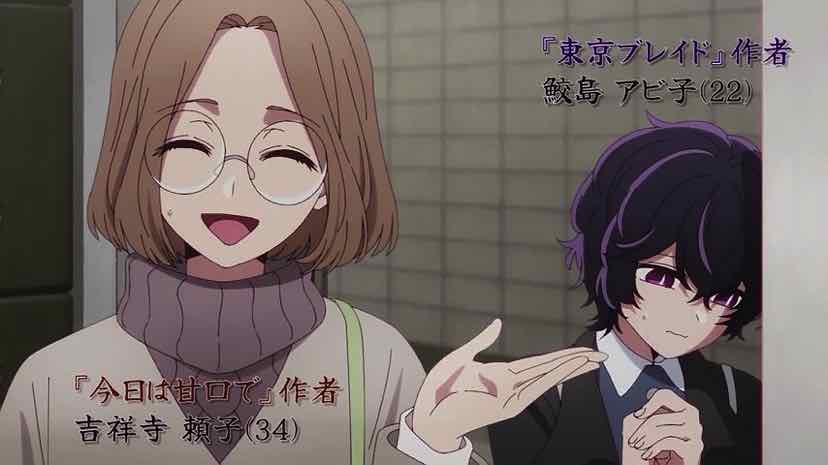


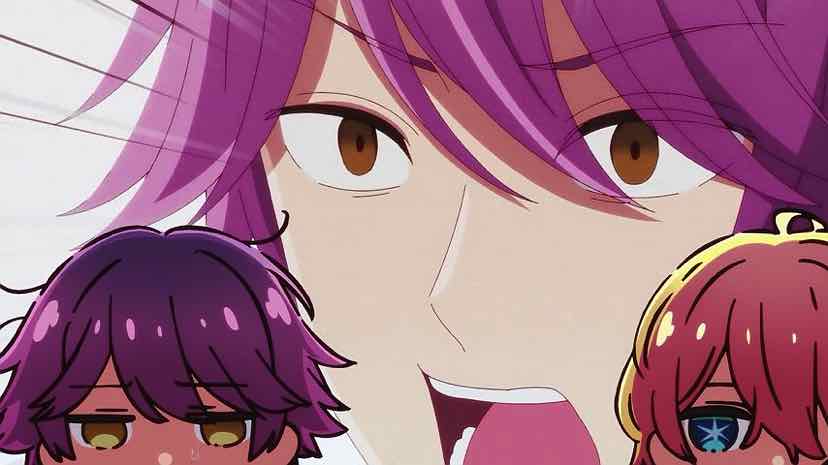
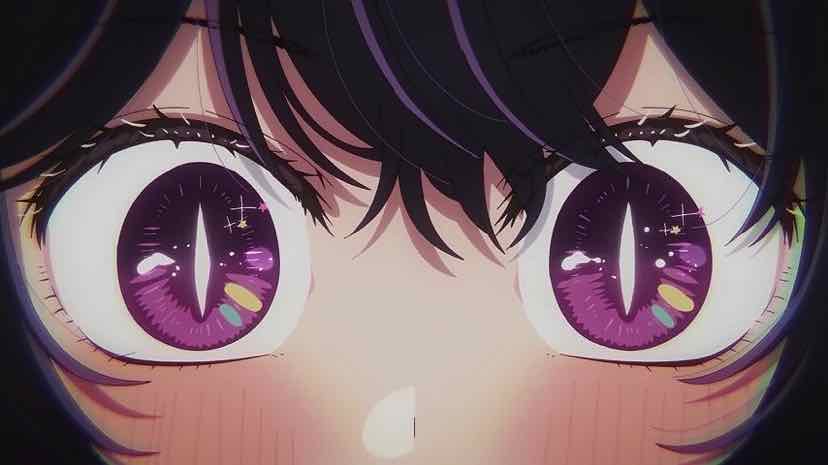
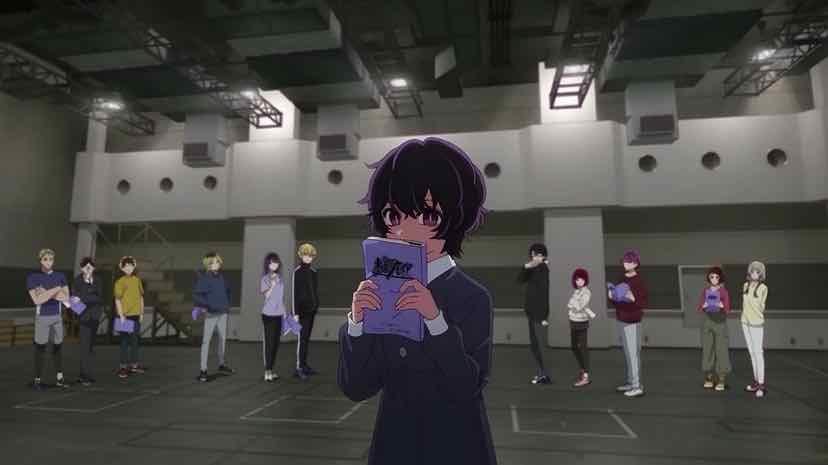
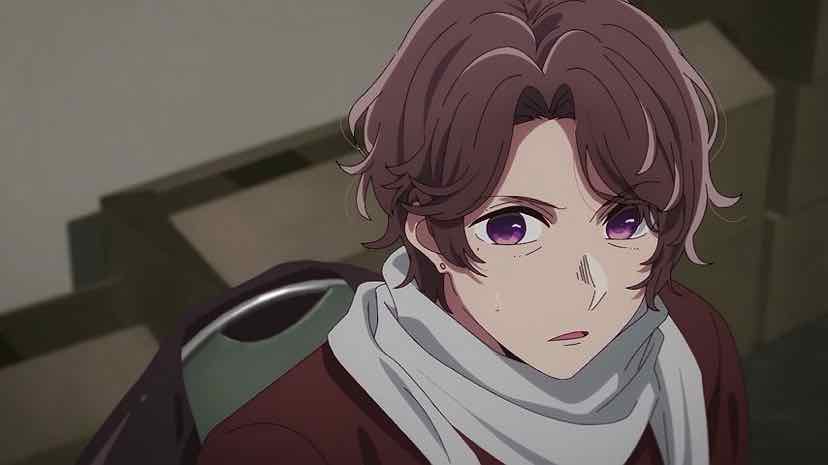
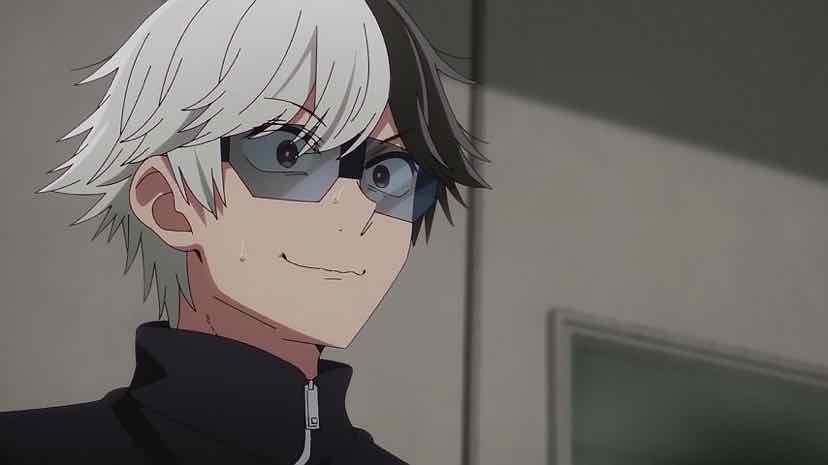
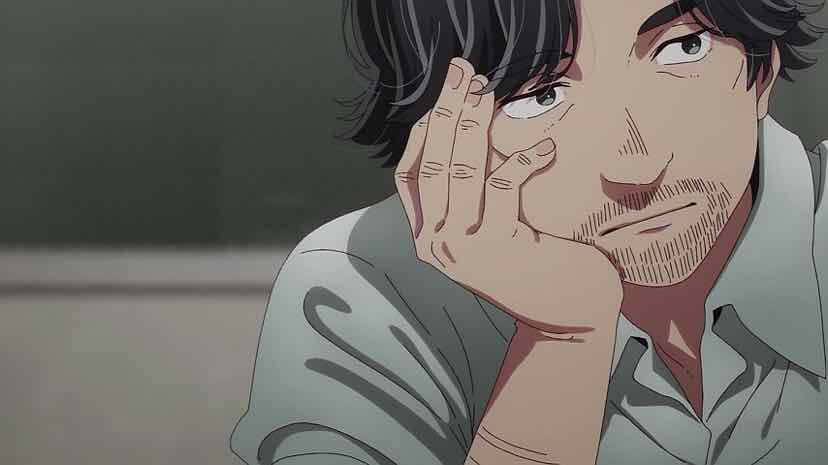
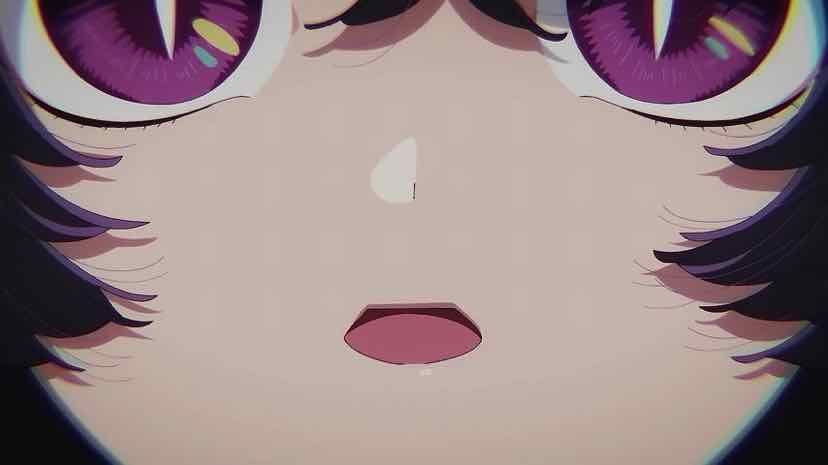


Collectr
July 4, 2024 at 9:36 pmThe “in media res” was confusing, and I didn’t remember the characters well enough to understand the pairings. (I dropped S1.) But the presence of the shy mangaka, oohing and aahing over the actors and then dropping her punchline, really worked for me.
Thanks for the pointer to your “2.5D” productions article. I don’t watch much live action. Even when the acting is naturalistic, because the plot allows it (“Usagi Drop”), the tropes can get overwhelming. And when the acting is cartoonish (“Ranma 1/2 Live Action”), it’s a disaster.
Guardian Enzo
July 4, 2024 at 9:39 pmPersonally I find all those 2.5D things pretty preposterous, but they are big money.
Nellie
July 4, 2024 at 10:29 pmI’ve heard that the Tokyo Blade arc is the most consistently good the series has ever been – and this is a popular opinion. Everything after that… is a mix of euphoric highs and absolutely hair-pulling lows, according to friends who follow the manga.
It seems Akasaka did his research on acting techniques as well- Kana seems like she’s a student of the Meisner technique, while Akane most likely studied Stanislavski’s methods. I gotta give props.
PS: Enzo, do you have any familiarity with the Rose of Versailles?
Guardian Enzo
July 4, 2024 at 10:31 pmSure, though I’m not like a huge fan or anything. Friend of the site who is thinks the MAPPA project is pure evil.
Joshua
July 5, 2024 at 12:43 amGiven how much this whole arc is comprising the entire stage play, I don’t doubt that Doga Kobo is going to be taxed exceptionally hard here, because the premiere promised a massive sakugafest that may or may not come due to all of the movement in the performance and the meta stuff where fiction and reality are blurred and shit (I’m expecting moments where Tokyo Blade shifts into dramatized versions that resemble Kimetsu no Yaiba just so they can attempt to flex visually). After all, they are doing another show this season, and last season they had expended so many resources into what ultimately amounted to (imo) a major dud (on par with Metallic Rouge regarding studio milestone celebrations) in Yoru no Kurage. They couldn’t even make it through without a delay in season 1. I just found this premiere to be overproduced in the end.
I also find it incredibly ironic that we have a whole speech from Aqua about taking writers taking creative liberties with the source material, while the show itself is not taking all that much in the way of creative liberties. And it has the gall to repeat what the TV show arc did regarding “faithfulness” to the source material. Gotta have Aqua being the “good man” in all of this again (i.e. Akasaka trying to educate us about the entertainment industry so that we get angry when the inevitable ripped-from-the-headlines conflicts arise like some wannabe Adam McKay). Also note that Oshi no Ko blew up the way it did due to social media memes from Yoasobi’s OP, which I doubt we’ll be seeing with s2’s OP (which is not nearly as meme-worthy outside of its sakuga).
And yes, the latter arcs in the series get pretty bad with how Akasaka tries to repeatedly show how clever he is in blurring fiction and reality (especially when it comes to Ruby’s feelings towards Aqua, which is two different layers of yikes), not to mention his “shocking” reveals regarding the villains (particularly who Aqua’s father is) which remove all nuance required for effective, serious social commentary.
Bob
July 5, 2024 at 3:49 amSo far everything’s proceeded as I expected it to more or less. I’m looking forward to the execution of some of my favorite emotional moments.